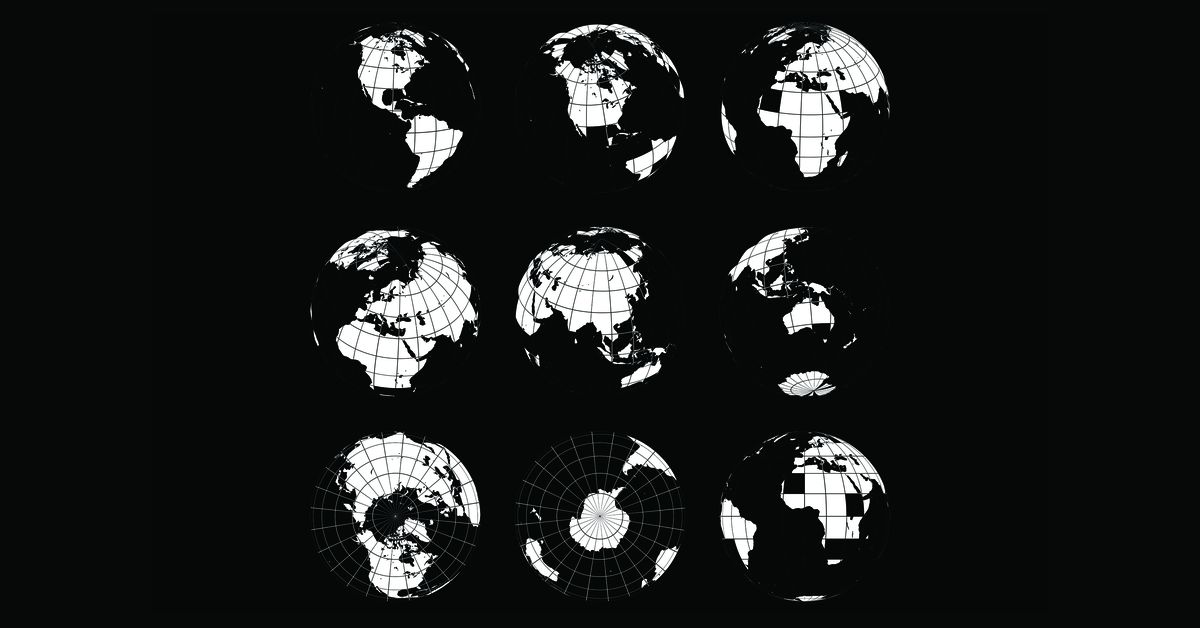jimm01
Member
Our leaders look climate change in the eyes, and shrug | Hamilton Nolan
As overwhelming and omnipresent as the climate crisis is, it is not the core issue. The core issue is capitalism. Capitalism’s unfettered pursuit of economic growth is what caused climate change, and capitalism’s inability to reckon with externalities – the economic term for a cost that falls onto third parties – is what is preventing us from solving climate change. Indeed, climate change itself is the ultimate negative externality: fossil-fuel companies and assorted polluting corporations and their investors get all the benefits, and the rest of the world pays the price. Now the entire globe finds itself trapped in the gruesome logic of capitalism, where it is perfectly rational for the rich to continue doing something that is destroying the earth, as long as the profits they reap will allow them to insulate themselves from the consequences.
Capitalism is a machine made to squeeze every last cent out of this planet until there is nothing left. We can either fool ourselves about that until it kills us, or we can change it.
A concern is population growth. The distribution of income is from the bottom up, (as opposed to trickle down). The dynamics of capitalism today require a corresponding growth in population for income to increase with GDP. Basically, more poor people means a few more rich people. It’s part of the fundamental nature of a consumption economy. If one were to dissect capitalism in to pros and cons it is this artifact that is the most troublesome. Low population growth in high-income countries can negatively affect national GDP. As a corollary population growth without income growth (i.e. a decline in the distribution of per capita available income) means more consumption expenditures, less savings, and greater inequality. Thomas Piketty, in "Capital in the Twenty-First Century", makes the argument that when the net rate of return on capital (r) exceeds the growth rate of output (g) wealth inequity increases. This translates into, like valence electrons, those who gets gots [sic]. Restated, the return on capital (r) on accumulated wealth, which is held disproportionately by a few, the rate of growth in the economy (g) as a whole decreases and wealth inequality increases. Marginally the only way to make the pie bigger, without conquering space, is to increase population. The thing is the environment and to some extent energy can reveal the fragile nature of this aspect of capitalism at any moment. The whole issue reminds me of the poem “The Hangman” by Maurice Ogden.







